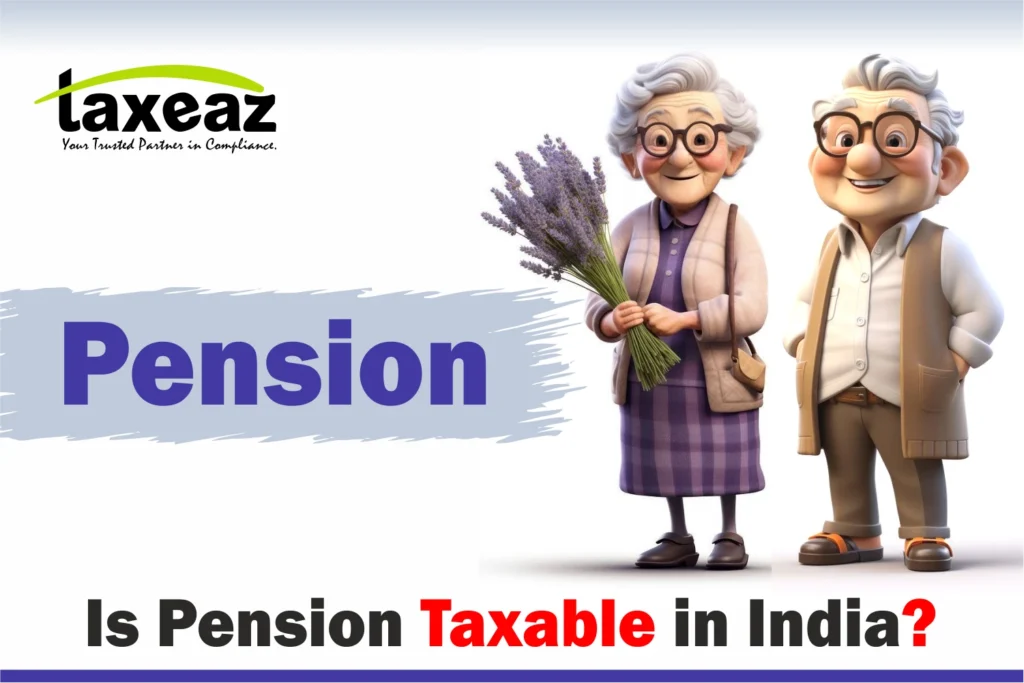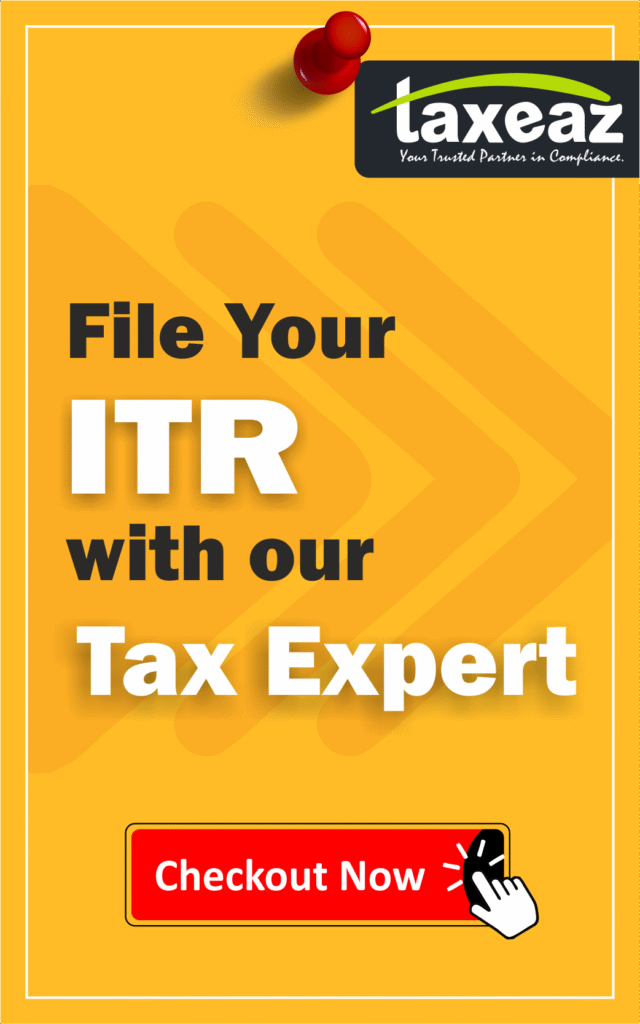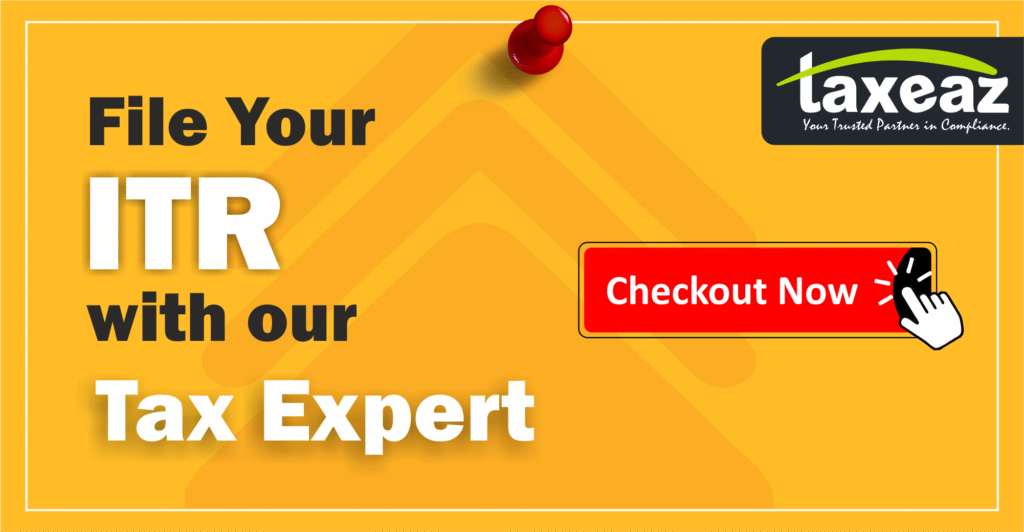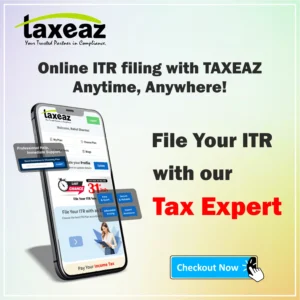
Retirement is a phase where stability and security matter most. For millions of Indians, pension income acts as a crucial financial pillar. But when it comes to income tax, confusion often arises: Is pension taxable? Is family pension taxable? Which deductions apply? How do senior citizens file returns?
In this guide, we break down everything about pension taxation under Indian tax laws, including key exemptions, Section 10(10A), Section 57(iia), TDS rules, special treatment for defence pension, and the right way to file ITR as a pensioner.
Table of Contents
Understanding Types of Pension in Income Tax (Commuted vs Uncommuted)
Let’s first understand the two major types of pension:
Uncommuted Pension (Regular Pension)
- This is the monthly income received after retirement.
- Treated as salary income.
- Fully taxable, whether you’re a government or private sector retiree.
- Eligible for a standard deduction of ₹50,000/ ₹75,000 under the salary head.
- Banks may deduct TDS on pension u/s 192.
Example: Mr. Sharma, a retired PSU employee, receives ₹35,000/month as pension. His total annual pension of ₹4.2 lakh is taxed under “Income from Salary” with standard deduction available.
Commuted Pension (Lump Sum Payment)
- A one-time lump sum received by surrendering future pension partially or fully.
- Tax treatment depends on the employment type.
Government Employees:
-
Fully exempt under Section 10(10A).
Non-Government Employees:
- If gratuity received: 1/3rd of pension exempt.
- If gratuity not received: 1/2 of pension exempt.
- Balance is taxable under the salary head.
Example: A private employee receiving ₹9 lakh as commuted pension with gratuity—₹3 lakh is exempt, ₹6 lakh taxable.
Is Family Pension Taxable?
Yes, family pension is taxable in the hands of the legal heir (usually the spouse) after the death of the pensioner.
Key Points:
- Taxed under “Income from Other Sources” (not salary).
- Deduction allowed under Section 57(iia):
- ₹15,000 or
- 1/3rd of the family pension amount
Whichever is lower.
Example: Mrs. Mehta receives ₹60,000 annually as family pension. Deduction allowed = ₹15,000. So, ₹45,000 is taxable.
Army, Defence & Disability Pension – Special Rules
Certain pensions are completely tax-free, especially for armed forces personnel.
Disability Pension – Fully Exempt
- Disability pension received by Indian Army, Navy, or Air Force personnel is 100% exempt under CBDT circulars.
- Exemption applies even if the individual continues service after the injury.
Gallantry Awards
-
Pensions linked to gallantry awards like Param Vir Chakra, Vir Chakra, etc., are also fully exempt.
Note: Normal army pension is taxable, unless disability or special exemption applies.
Where to Show Pension Income in ITR?
Correct disclosure in the Income Tax Return (ITR) ensures smooth processing and avoids penalties.
| Pension Type | Tax Head | ITR Form |
|---|---|---|
| Uncommuted Pension | Income from Salary | ITR-1/ITR-2 |
| Commuted Pension (Exempt) | Exempt Income – Section 10(10A) | ITR-1/ITR-2 |
| Family Pension | Income from Other Sources | ITR-1/ITR-2 |
- Mention exempt income correctly.
- Claim standard deduction or Section 57(iia) appropriately.
- File Form 10E if claiming relief on arrears under Section 89(1).
Tax Deductions & Exemptions for Pensioners
| Section | Applicable to | Benefit |
|---|---|---|
| 10(10A) | Commuted Pension | Full/Partial Exemption |
| 57(iia) | Family Pension | ₹15,000 or 1/3rd as deduction |
| 80TTB | Senior Citizens (60+) | ₹50,000 deduction on interest |
| 89(1) + Form 10E | Pensioners receiving arrears | Relief on past year income |
| Standard Deduction | Uncommuted Pension | ₹50,000 |
How to File Income Tax Return for Pensioners (ITR FY 2024–25)
Step-by-Step Guide:
- Collect pension slips and Form 16 (from bank or ex-employer).
- Login to the income tax portal.
- Choose ITR-1 (Sahaj) unless you have capital gains or foreign income.
- Declare:
- Pension under salary
- Family pension under other sources
- Exempt income (commuted portion)
- Claim applicable deductions
- Submit and e-verify your return
Want a stress-free way to file your pension ITR?
Let TAXEAZ.IN take care of everything. Whether you’re a senior citizen, family pensioner, or ex-government employee, our expert team will:
- Apply all applicable exemptions & deductions
- File your ITR with 100% accuracy
- Save your time, stress, and possible notices
File now in just 10 minutes on www.taxeaz.in
Mistakes to Avoid When Filing Pension Tax
- Reporting family pension under salary
- Forgetting Form 10E for arrears
- Skipping deduction under Section 57(iia)
- Choosing the wrong tax regime
- Not including TDS on pension



